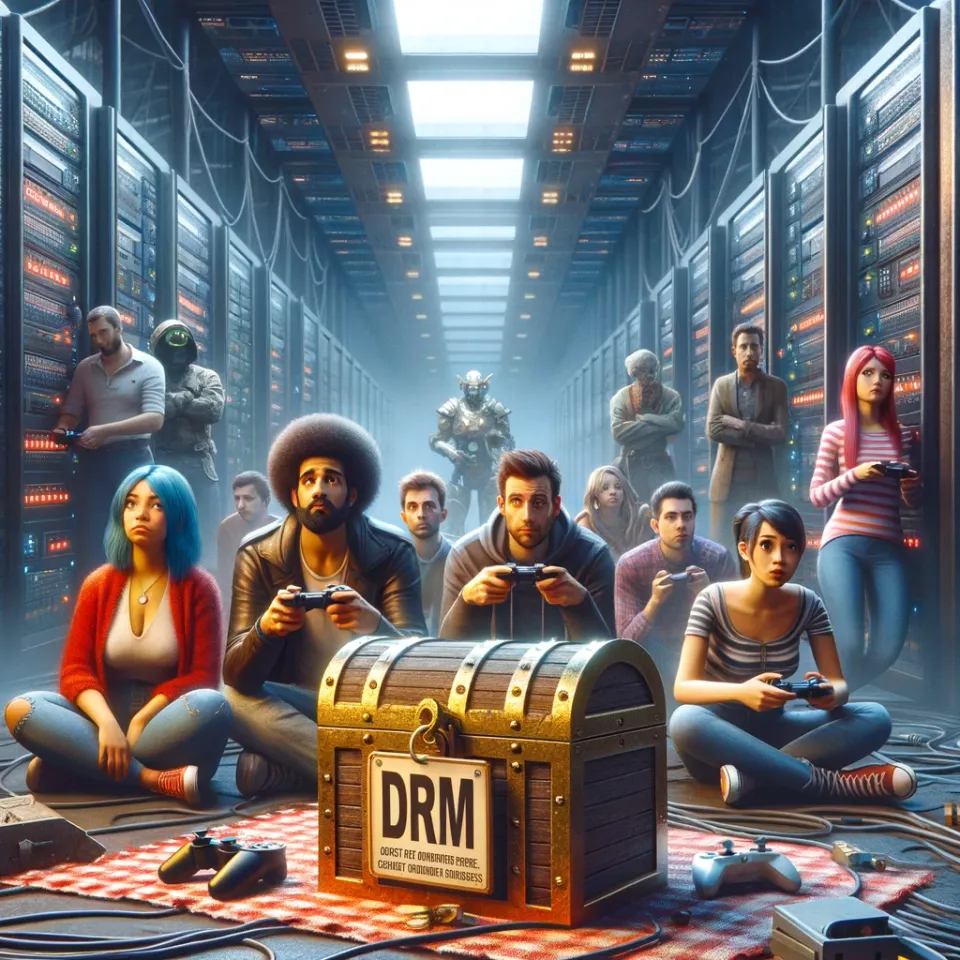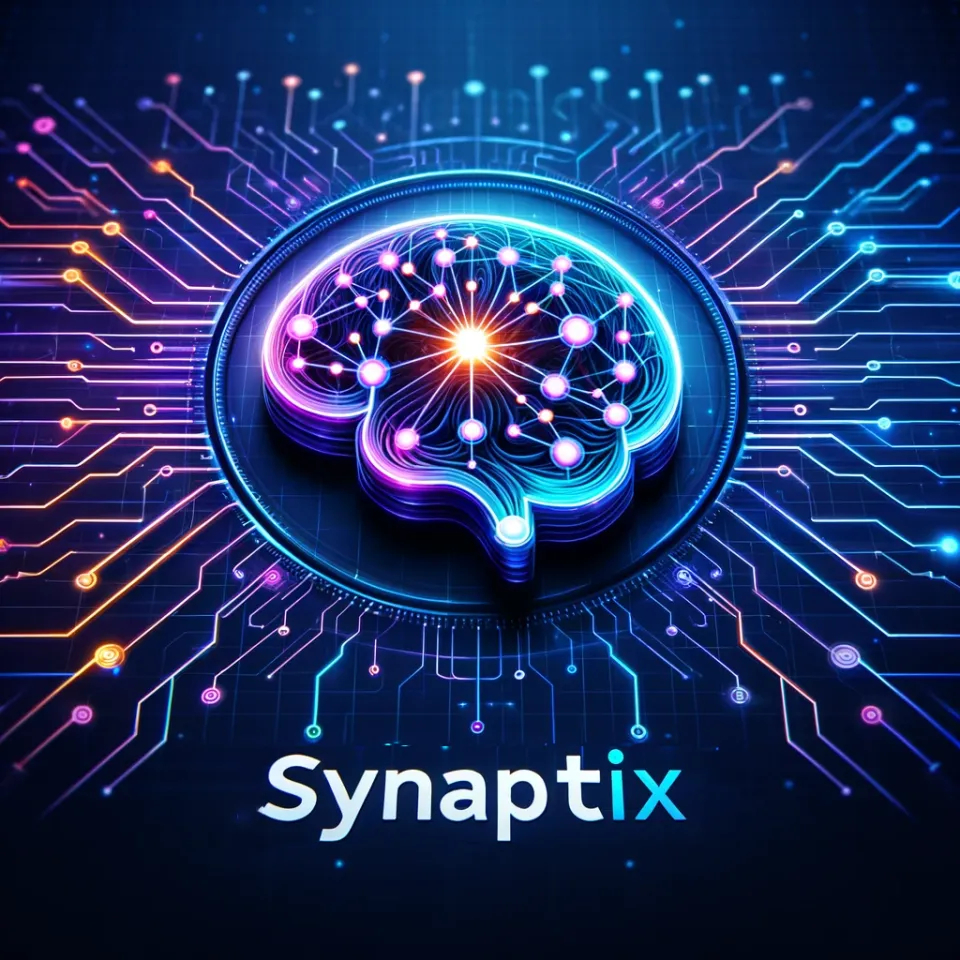Honda and General Motors Cancel Collaboration on Affordable Electric Vehicle Platform

Introduction:
The much-anticipated joint collaboration between Honda Motor and General Motors to develop a platform for affordable electric vehicles (EVs) has been unexpectedly cancelled. The project, which was announced back in April 2022, aimed to produce low-cost EVs for markets in North America, South America, and China. However, after thorough analysis and consideration, both companies have mutually agreed to discontinue the program. This article will delve into the reasons behind the cancellation, the impact on the EV market, and the future plans of Honda and General Motors.
1. Initial Announcement of the Honda-GM Collaboration
2. Honda and GM’s Joint Statement on the Cancellation
3. Challenges Faced by Ultium Battery Production
4. The Significance of Ultium Cells for the EV Market
5. Delays and Production Issues Experienced by GM and LG Chem
6. Implications for Affordable EV Development
7. Honda’s CEO Toshihiro Mibe’s Interview with Bloomberg
8. The Future Plans of Honda and General Motors
9. Seeking Independent Solutions for Affordable EVs
10. The Disappointing Sales Figures of Ultium-based EVs in 2023
Conclusion:
The cancellation of the Honda-GM collaboration to develop an affordable EV platform comes as a surprise to the automotive industry. The decision reflects the challenges faced by GM and LG Chem in mass-producing Ultium battery cells, as well as the difficulties of creating a commercially viable business model for affordable EVs. Despite this setback, both Honda and General Motors are determined to continue their efforts in the EV market independently. The impact of this cancellation on the development of affordable EVs and the future competitiveness of both companies remains to be seen.




